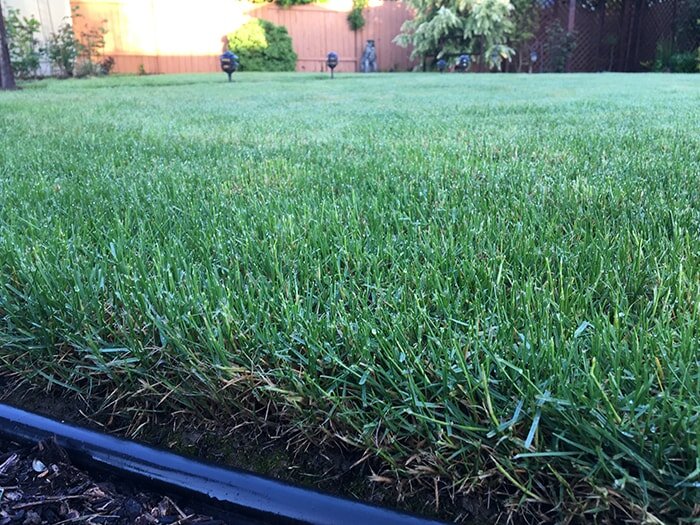Actually, we’re talking “soil”, not “dirt”. Dirt is typically dusty, without much nutrient and may be compacted and low in pH. Soil, on the other hand, is rich in nutrients, has plenty of air space between molecules and is “sweet” or has a pH level that many plants thrive in. Although there are plenty of acid-loving plants that thrive in slightly acidic soil like Rhododendrons, Azaleas, Camellias Blueberries, and Broccoli.
 One of the best soil amendments for raising soil pH is lime. Lime is made from calcium carbonate (limestone) which is crushed to varying degrees and sometimes processed to allow distribution to soil. Limestone naturally contains calcium and magnesium. These minerals raise soil pH, reduce excess aluminum, iron, and manganese, improve the efficiency of potassium (The “K” or the last number in fertilizer formulations “NPK”) and increase available phosphorus (The middle number in fertilizer formulations) and molybdenum (helpful for microorganisms in making nitrogen available).
One of the best soil amendments for raising soil pH is lime. Lime is made from calcium carbonate (limestone) which is crushed to varying degrees and sometimes processed to allow distribution to soil. Limestone naturally contains calcium and magnesium. These minerals raise soil pH, reduce excess aluminum, iron, and manganese, improve the efficiency of potassium (The “K” or the last number in fertilizer formulations “NPK”) and increase available phosphorus (The middle number in fertilizer formulations) and molybdenum (helpful for microorganisms in making nitrogen available).
How to tell if your lawn needs Lime
Let’s talk lawns. Some indicators for a lawn that needs some lime (calcium).- Yellow instead of green leaves
- Weedy- Weeds thrive in acidic soil
- Fertilizer doesn’t seem to be working
- Excess moss
Acidic Lawn Solutions
Benefits you should see
- Lawn will grow better
- Fewer weeds
- Better green color
- Thicker with less moss
- Better fertilizer uptake
- Increased durability during heat and mowing
We would love to see your garden growing, use #mywilcolife on Facebook, Twitter, or Instagram and tag Wilco Stores.
Store Hours
Monday to Saturday:
8 AM to 7 PM
Sunday: 9 AM to 6 PM
For questions or help with online orders call: (888) 78-WILCO
Limited to stock on hand. Some items may vary from photos. Because of store size limitations or geography, some items featured may not be available in all stores but will be made available by special order during sale periods at advertised prices. All sale prices listed as “dollars off” or “% off” are discounted from our regular posted shelf price, not from discounts given with specialty, bulk or pallet pricing. Reseller and Drop-shippers must contact us for pre-approval to place orders with the intent to re-distribute.
© 2026, Wilco Farm Store
